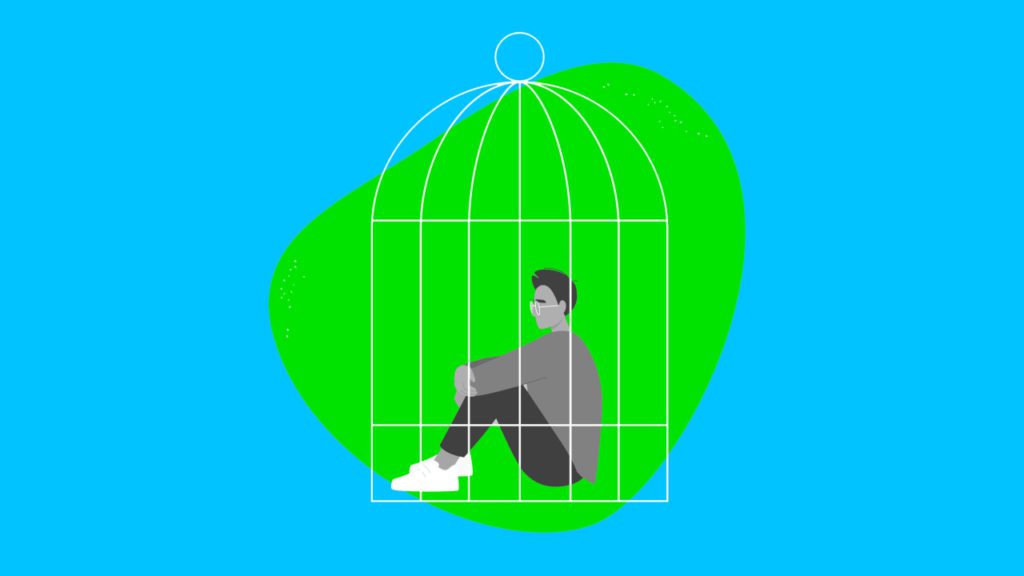As 2024 comes to a close, you might be feeling the pressure between year-end deadlines and holiday plans. Perhaps you’re looking to supercharge your productivity—or maybe you’re thinking ahead to your resolutions and what you might accomplish in the new year.
If you’re a chronic multitasker or someone who tends to overcommit, you may find yourself reverting to those habits during this time. But those tendencies can also lead to an unhealthy fixation on your productivity—or what some experts call toxic productivity, which can cause burnout and take a toll on your overall well-being. “Productivity can create an imbalance in your life when it’s the only thing that matters,” says author and therapist Israa Nasir. “It’s the fastest way to burn out.”
What causes toxic productivity
Another habit to look out for is feeling guilt about enjoying your free time, or filling your schedule with activities that you view as productive. You might feel like you’re slacking if you allow yourself to relax, which can spark feelings of shame. “You don’t want to be the person who’s not doing something,” Nasir says. “Usually, we jump into avoidance to process shame. What better way to avoid an emotion than by busying yourself? It motivates us to skip rest, relaxation, and just being.”
Toxic productivity is also encouraged by expectations in the workplace, which can overemphasize the importance of looking busy. Multitasking, for example, might seem impressive but actually requires your brain to switch between tasks, making you less effective overall. Working long hours can also be counterproductive, since your brain needs breaks to function.
How micro habits can help
Still, there are things you can do to fight your impulse to pursue productivity at all costs. The kinds of habits that exacerbate this issue can be hard to break. One way to chip away at them is to start small, by taking stock of your to-dos on a given week and doing one less thing. Another recommendation that might prove more challenging for many of us is to try doing just one task at a time—which means putting your phone down.
Beyond those more tangible changes, it’s also important to reflect on why you have set certain goals for yourself, and why you spend your time the way you do. “Most people who are on the productivity wheel, or what I call the productivity paradox, are on autopilot,” Nasir argues. “Autopilot is a big problem, and it happens because we don’t have self-awareness. We’re not regularly checking in with ourselves.”


